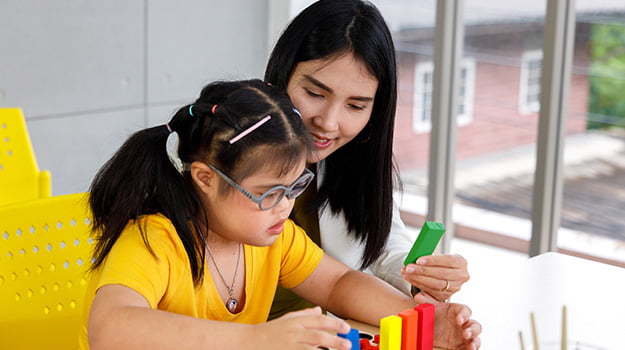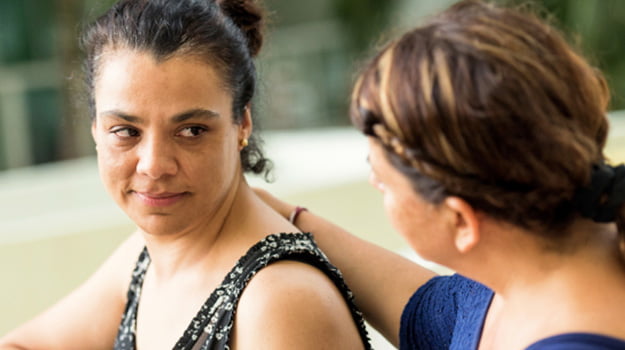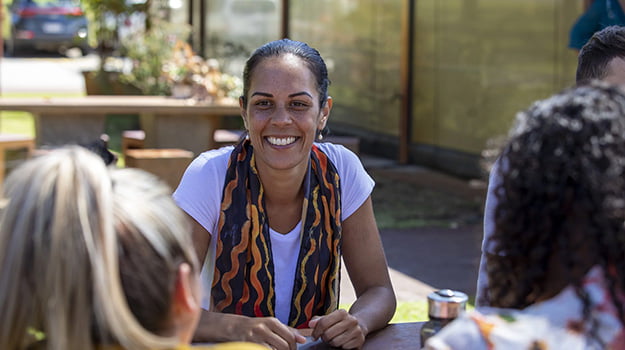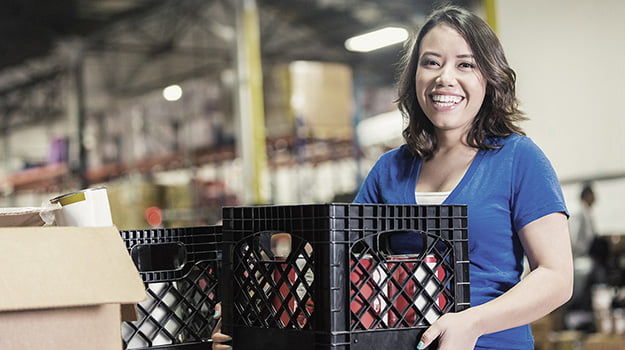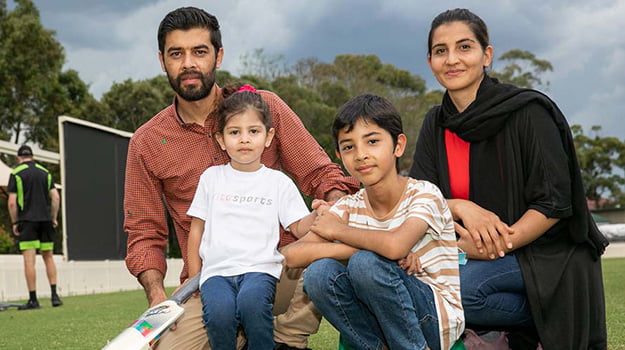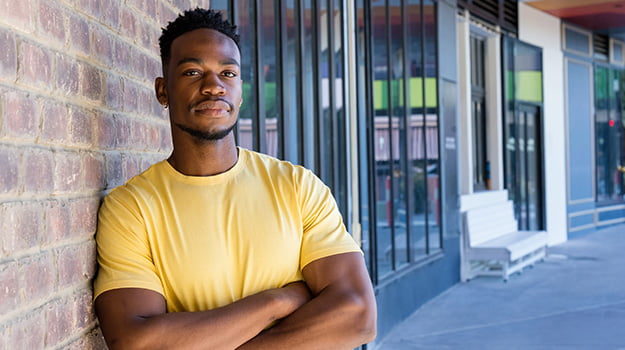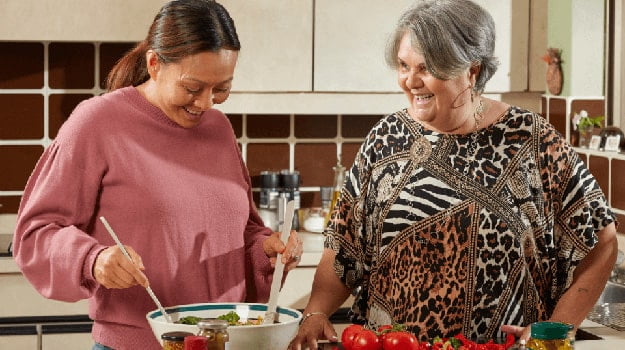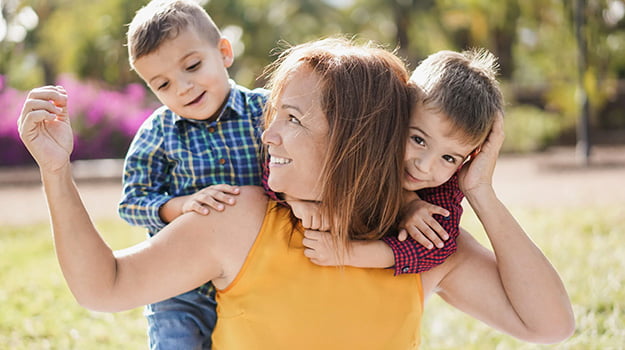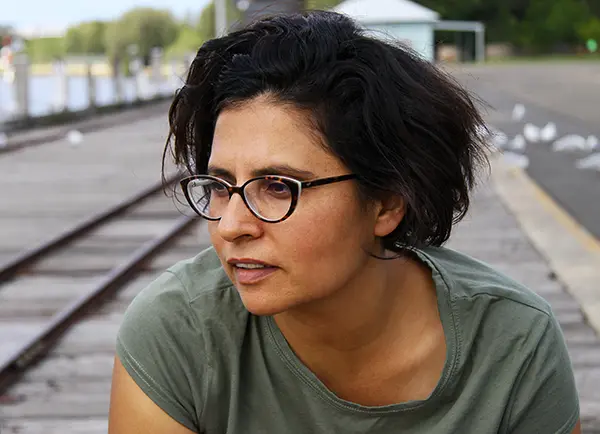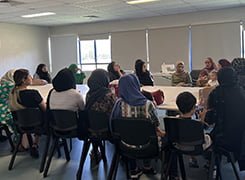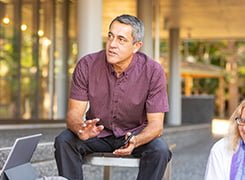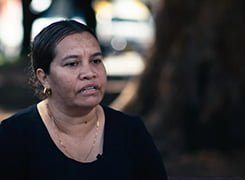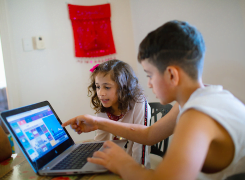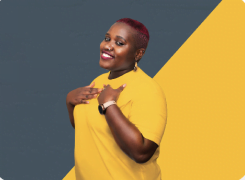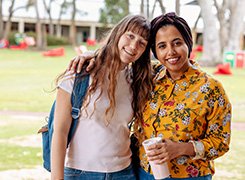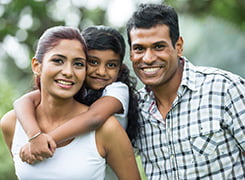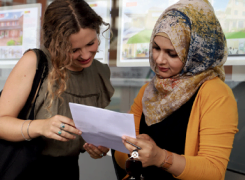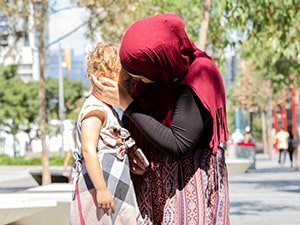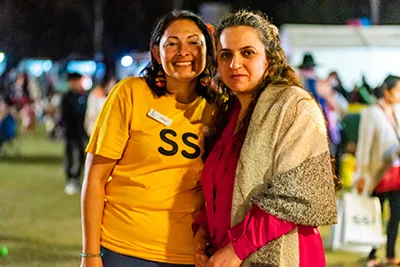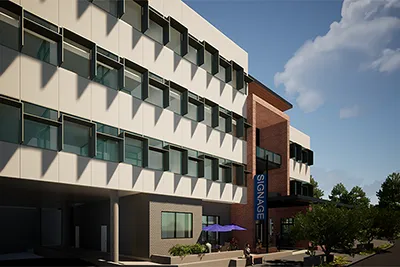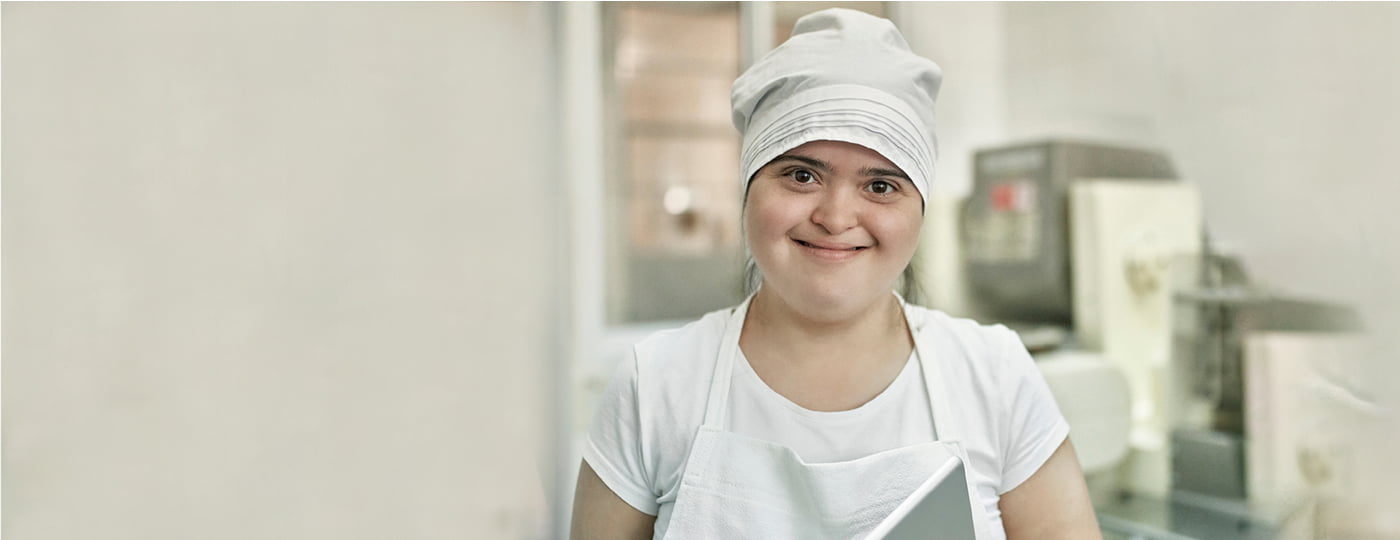How to connect with your community
For people with lived experience of disability, connecting with the community plays a big role in improving wellbeing and happiness. It can help you gain new skills, connect with like-minded people and build a life that you enjoy.
Connecting with your community is all about participating in activities outside your home or virtually through online groups. It includes socialising with people and doing things that interest you.
Everyone has different needs, so it’s important to stay connected in a way that suits you. Check out the resources below to get started.
Peer groups
Joining a peer-to-peer disability group is a great way to get extra support and make new friends.
In these regular meetings, people living with disability get together to talk about their challenges and goals. They share useful advice and discuss topics like NDIS services or disability in the workplace.
There are also groups open to family members and carers who provide disability support.
Watch the video to hear from participants what benefits they got out of joining a group.

FAQs
Peer-to-peer disability groups are usually based on different interests or types of disabilities.
For example, one group might be for families caring for someone with a mental illness. Another might be for people living with cerebral palsy. There are also groups that cater to specific languages and backgrounds.
There is no set format, but a trained facilitator is usually present to keep the conversation flowing. Some disability groups meet online, while others meet in person. Some disability groups meet once a week, while others meet every month.
All groups are a great pathway to connect with people who have similar experiences. They can help you understand the NDIS, build a support network and learn new skills.
Contact an organisation that supports people with disability.
Ask your community organisations or groups, local governments, places of worship or schools.
Search online for local disability groups available in your language.
SSI has created helpful fact sheets to support your journey towards connecting with community.
Each fact sheet has information to help people with disability make the most of their lives in their own communities.
You can use them to educate yourself or your friends and family. You could also bring them to your peer-to-peer group to start a conversation.
The factsheets are available in six languages: Arabic, Chinese, Nepali, Hindi, Spanish, and Vietnamese.
Factsheets in English
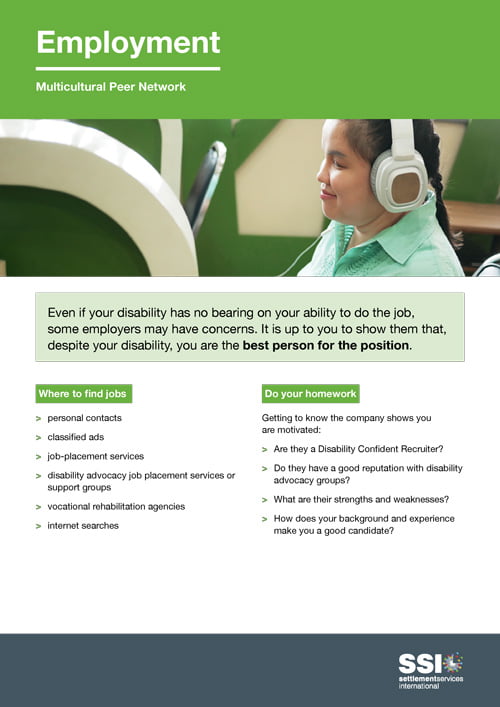
Learn about jobs for people with disability and how to find employment.
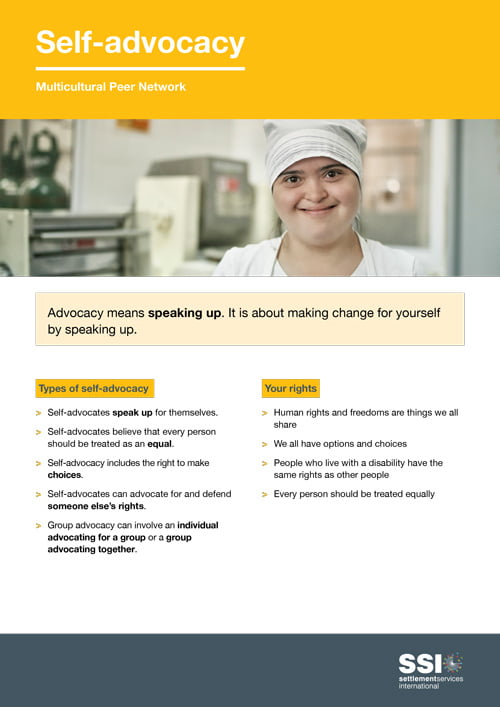
Learn how to have your voice heard and advocate for people with disability.
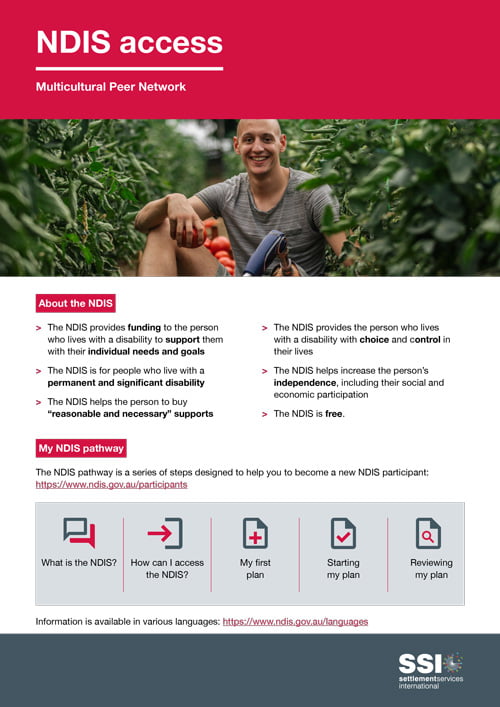
Learn how to apply for NDIS funding and what disability support is available.
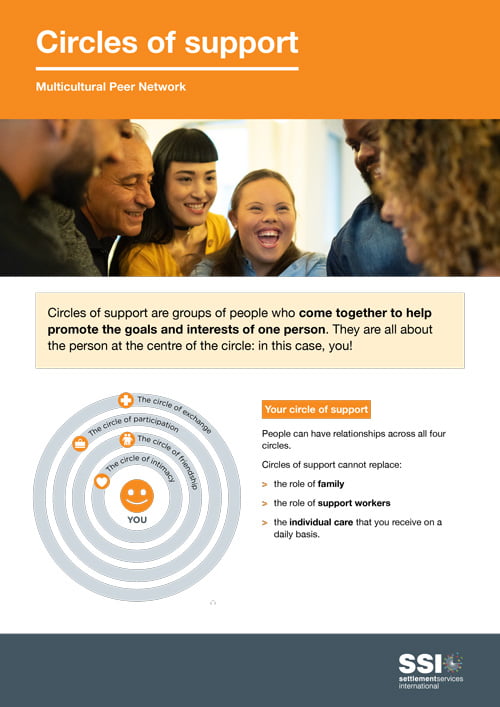
Circles of support are groups of people who come together to help promote the goals and interests of one person. Learn how to build a circle of support around you.
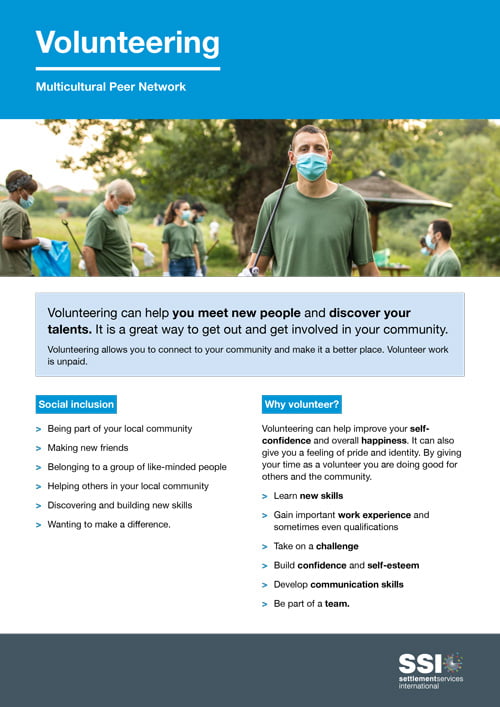
Learn why you should volunteer in the community and how to get involved.
Download guide books
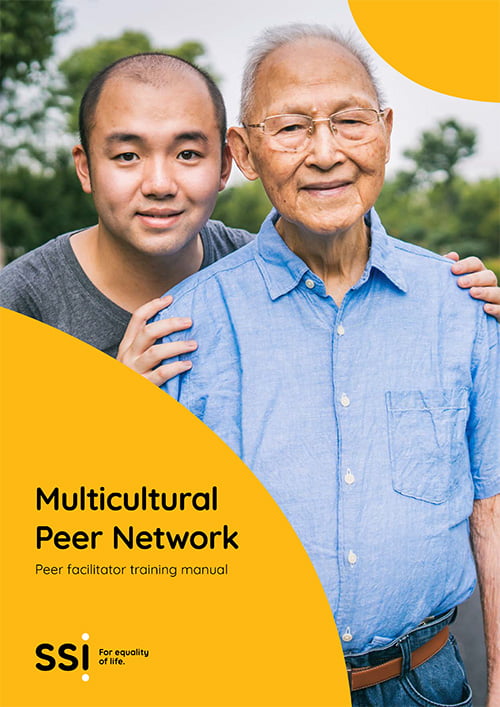
How to establish a group, basic facilitation skills, communication techniques, self-care and support systems.
View the NEW Training Manual – a new interactive page that designed to train facilitators how to run peer led support groups. It provides the knowledge needed to set up a group and develop the skills to take on a facilitator’s role in a visual and engaging way.
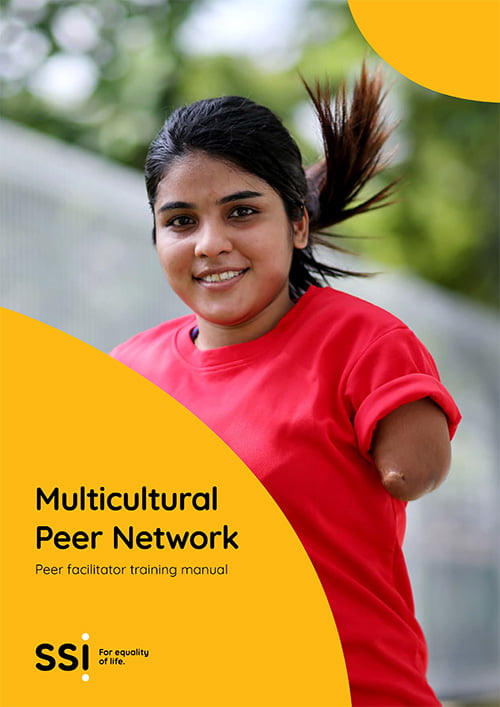
How to help people learn about self-advocacy, circles of support, volunteering, and employment.
Why were these disability support resources created?
In 2020, SSI started running disability support groups in multicultural communities across NSW called the Multicultural Peer Network (MPN). The program was funded through the Department of Social Services (DSS) and ended in early 2023.
After the program ended, SSI sought to empower the disability community to continue to benefit from the resources created during the program. These resources are now publicly available for anyone to use, free of charge.
The MPN was a collection of impactful, peer-led support groups which promoted independence among people with lived experience of disability from multicultural communities, as well as their carers and families.
Helpful links and SSI programs supporting people with disability
To learn more about the resources on this webpage, facilitator training or other ways SSI supports community organisations, email community@ssi.org.au.
For more information about SSI’s disability support services in NSW, please visit our Local Area Coordination services page or email ssilac@ndis.gov.au.
SSI provides personalised employment support for people with disability. Find out more here or email the team on employment@ssi.org.au.
Join the community of hundreds of volunteers who give back to their local communities with SSI. Explore volunteering opportunities on our volunteering page or email volunteer@ssi.org.au.

